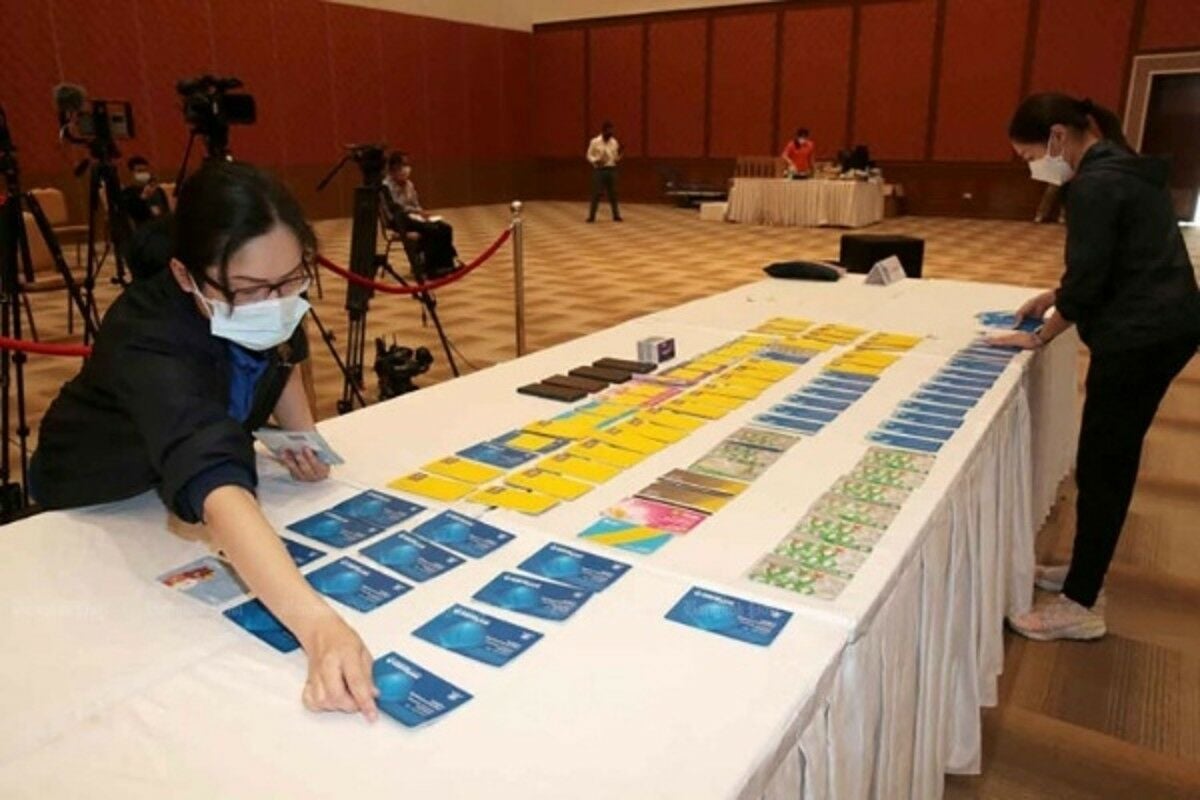Central Fraud Register curbs mule accounts in Thai banking sector

The banking industry has taken a significant step towards curbing financial fraud by introducing a Central Fraud Register (CFR) system, designed to facilitate data-sharing and clamp down on mule accounts.
In a joint effort with the Thai Bankers’ Association (TBA), the Bank of Thailand (BoT) began implementing this system last month, targeting the prevention and eradication of financial fraud related to nominee deposit accounts, commonly known as mule accounts.
The CFR system has already yielded results, with the banking sector identifying 15,000 individual depositors associated with mule accounts. Banks have established robust internal procedures to deal with these fraudulent accounts, including immediate account closure and barring depositors from opening new accounts, as per a statement from the central bank and TBA.
Daranee Saeju, the assistant governor for payment systems policy and financial consumer protection at the central bank, explained that the CFR system enables banks to verify grey mule accounts industry-wide. This system complements the existing data-sharing framework of the Anti-Money Laundering Office (AMLO), which focuses on black mule accounts.
According to Daranee, the 15,000 fraudulent depositors have opened approximately 34,000 grey mule accounts. Should these depositors wish to open new accounts, they must first obtain police verification and, if approved, can only do so at physical bank branches.
For black mule accounts under the AMLO system, as of August this year, the banking sector identified 340,000 accounts linked to 38,000 individual depositors. These depositors are prohibited from reopening accounts for the next three years.
The central bank has also mandated that banks must internally detect mule accounts, referred to as brown mule accounts, and manage them according to industry standards.
Strengthened security
In terms of enforcement, the central bank has implemented facial recognition for money transfers via mobile banking apps for transactions of at least 50,000 baht. This measure has helped reduce the incidence of one-time mule account usage, although scammers have adapted by maintaining longer-term control over account owners and paying depositors monthly.
The BoT is also working with regulatory agencies to consider amending existing rules to ensure fraud victims receive 100% compensation from banks. This process is expected to take some time as the central bank meticulously reviews the details concerning banks’ responsibilities and studies similar measures in other countries.
For example, Singapore mandates that banks fully compensate victims if they allow transfers to fraudulent accounts without alerting the account owner.
Banks are also required to close any loopholes that could facilitate financial fraud, particularly through data-absorbing applications known as money-sucking apps. Should a bank fail to address these vulnerabilities, it may be obligated to fully compensate victims for their losses, reported Bangkok Post.
Latest Thailand News
Follow The Thaiger on Google News:


























